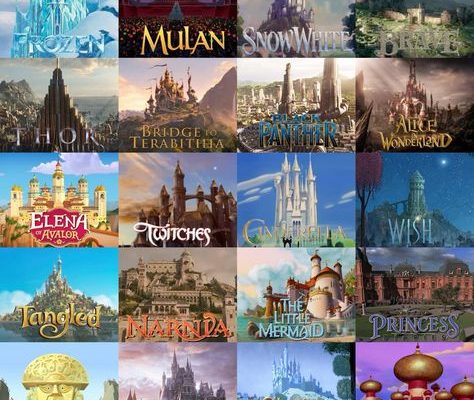Lionsgate Marketing Consultant Built Movie Trailer Filled With AI Generated Fake Movie Reviews Of Old Films

In a startling move that has sent shockwaves through the film industry, Lionsgate’s marketing consultant recently unveiled a movie trailer peppered with AI-generated fake reviews of old films. This unprecedented tactic has ignited a firestorm of debate, raising serious questions about the ethics of using artificial intelligence in movie promotion.
The trailer, which cleverly interweaves scenes from classic films with glowing reviews seemingly from respected critics, appears at first glance to be a nostalgic celebration of cinema. However, upon closer inspection, it becomes clear that these reviews are entirely fabricated – the product of sophisticated AI algorithms rather than human critics.
This bold marketing strategy has opened a Pandora’s box of ethical concerns. Is it acceptable to use AI to create fake endorsements? The line between creative marketing and outright deception becomes increasingly blurred in this digital age. While movie trailers have always been designed to present films in the best possible light, using artificial intelligence to generate false critical acclaim crosses a significant ethical boundary.
The potential consequences of this practice are far-reaching. If left unchecked, it could erode the trust between filmmakers and their audience. Movie-goers rely on reviews to make informed decisions about which films to watch. By introducing fake AI-generated reviews into the mix, Lionsgate risks undermining the entire system of film criticism and audience trust.
Moreover, this incident raises broader questions about the use of AI in marketing. As artificial intelligence becomes more sophisticated, we must grapple with its implications across all industries. The ability to generate convincing fake content – be it reviews, news articles, or social media posts – poses significant challenges to our information ecosystem.
In conclusion, while technological advancements offer exciting possibilities for creative marketing, they also demand a renewed commitment to ethical practices. As we stand at this crossroads, it’s crucial that filmmakers, marketers, and audiences alike engage in a thoughtful dialogue about the responsible use of AI in promotion.



